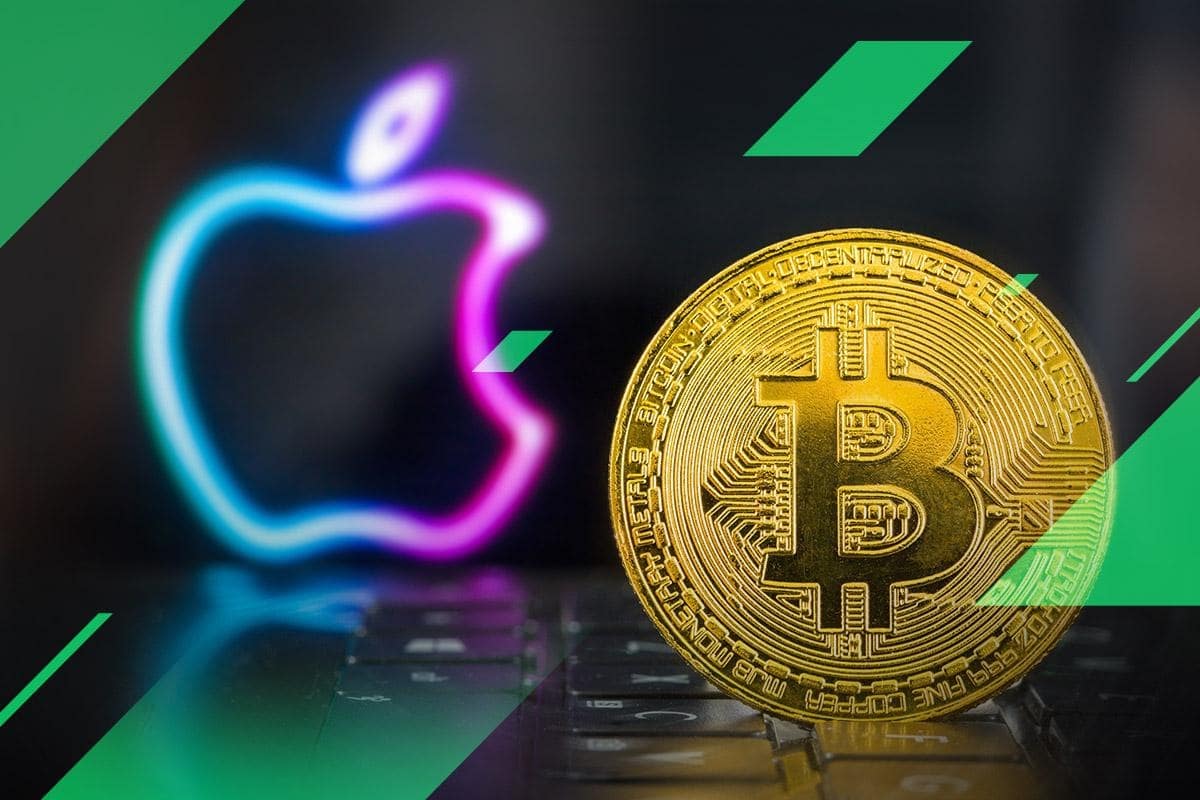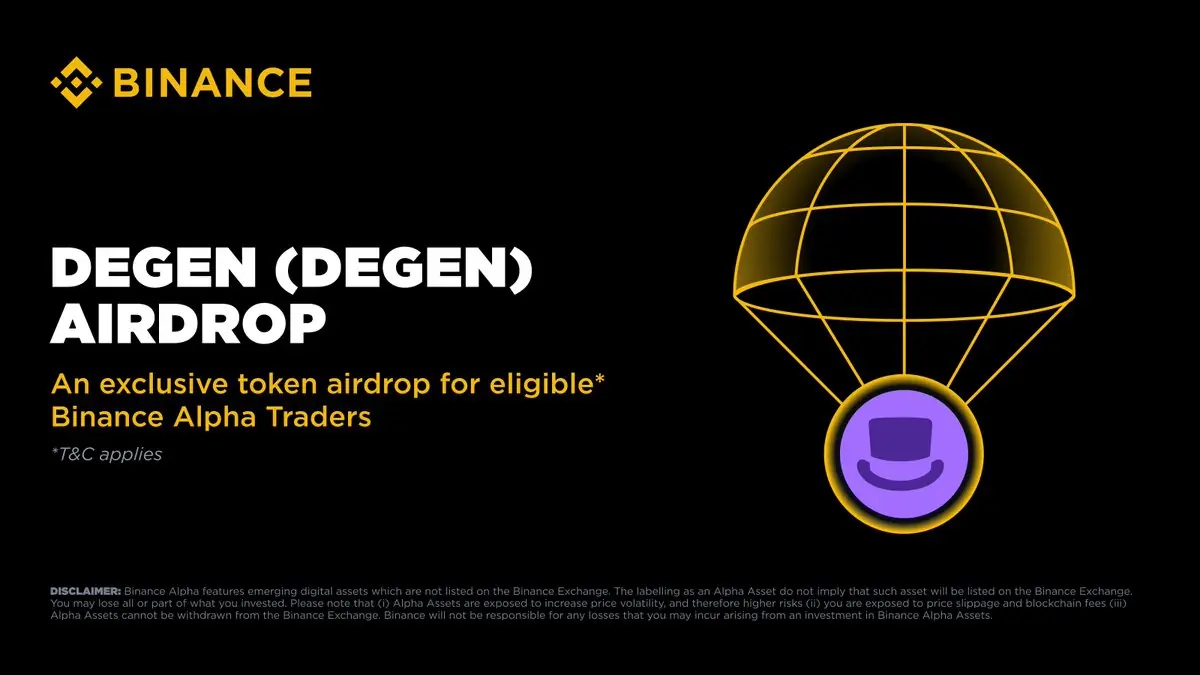Key Takeaways:
Developers can now take in-app crypto payments and sell NFTs in iOS apps. Apple can no longer force app developers to pay its 27% commission for transactions that take place outside the app. This ruling is poised to accelerate the adoption of mobile crypto and NFTs.A Landmark Legal Shift Opens Pandora’s Box of Developer Payments
The US Court’s decision on apps breaks the internet (for Apple, at least). It’s May 2, 2025, and a US Federal Court ruling has changed the way apps work on Apple’s iOS platform. The ruling forces Apple to let developers accept crypto payments and include NFT features — bypassing Apple’s in-app payment system and its 27% commission.
The case is part of a years-long legal battle between Epic Games and Apple. The court agreed, with Judge Yvonne Gonzalez Rogers finding that Apple had “intentionally violated the 2021 injunction” by continuing to prevent fair competition. Apple’s conduct has been characterised as willful efforts to circumvent developers’ rights to provide other payment options.
In turn, apps such as Fortnite are returning to the U.S. App Store in what represents a huge change to the way that developers can make money from their platforms. Developers can now accept payments directly in USDC, ETH, SOL, and other cryptocurrencies without middlemen — and Apple’s cut of the action. The change is not specific to crypto payments but also impacts NFT marketplace features so that users don’t have to toggle over to a browser to make purchases.
Apple’s Grip Over the App Store Loosens as Regulatory Scrutiny Mounts
The ruling is likely to have wide-ranging implications for Apple’s larger services business, which brought in $26.6 billion in revenue last quarter, an 11.6% year-over-year increase. Historically, Apple’s services division, which includes the App Store, has had gross margins of around 75%, much higher than its company-wide average of 47%. A lot of those profits were coming from the commissions it took on the in-app payments.
With the court’s ruling closing off a major revenue source, analysts say that Apple stands to lose hundreds of millions to billions of dollars in commission income, depending on how broadly developers embrace outside payment systems. Apple is appealing the ruling. In the meantime, developers have a green light to operate as they wish.
On May 2, Spotify said Apple had approved an update to its U.S. app that allows subscribers to view clear pricing, and visit outside links to make payments, from within the app. A Spotify spokesman noted that the update now “offers consumers lower prices, more choice and broader access” and that it is “an important milestone in our efforts to replicate the consumer-focused app store for the benefit of developers who want to compete on a level playing field.

Enabling New Crypto and NFT Use Cases in Mobile Apps
The impact on crypto and NFT markets is significant. DApps can now integrate crypto wallets, offer NFT memberships, and conduct on-chain transactions seamlessly, enhancing user experience and payments. Apple’s prior restriction on NFTs for unlocking features is lifted, allowing developers to offer NFT-gated content within apps. Epic Games CEO Tim Sweeney emphasized that Apple must “compete on equal footing on payment processing.” Developers can now offer their own payment services, passing savings to users with potentially better prices. However, crypto fiat on-ramps still require regular KYC checks for turning dollars into crypto.
Impact on Crypto Adoption and Market Growth With Apple’s Policy Change
Apple’s large U.S. user base helps its policy change become a major driver of mainstream crypto and NFT adoption. Native crypto integration reduces the barriers, increasing wallet sign-ups, transactions, and engagement. While the Apple line is still a little tighter than that of Google Play (particularly when considering mining and ICOs) the gap is closing. The decision could create a precedent around the world, much like an earlier $566 million fine against Apple in Europe for preventing other payment details from being used. Given that there are $1.1 trillion in billings across the App Store in 2022, small changes could remake the economics of mobile apps.
How the Change to Apple’s App Store Regulations Will Benefit Developers and Consumers
Users gain more payment options, lower prices, and smoother crypto experiences within their favorite apps. Developers can innovate, build communities, and keep more of their earnings outside Apple’s system. Although Apple is appealing, the ruling marks a clear turning point: mobile dApps, NFT trading, and crypto utilities now have a real path to mainstream iOS users — a shift few thought possible just a year ago.
More News: 14 Crypto Exchanges Banned from Apple Store in South Korea’s Crackdown
The post Apple Court Loss Could Pave Way for Crypto Payments, NFTs in iOS Apps appeared first on CryptoNinjas.







.jpg.webp?itok=1zl_MpKg)





 Bengali (Bangladesh) ·
Bengali (Bangladesh) ·  English (United States) ·
English (United States) ·